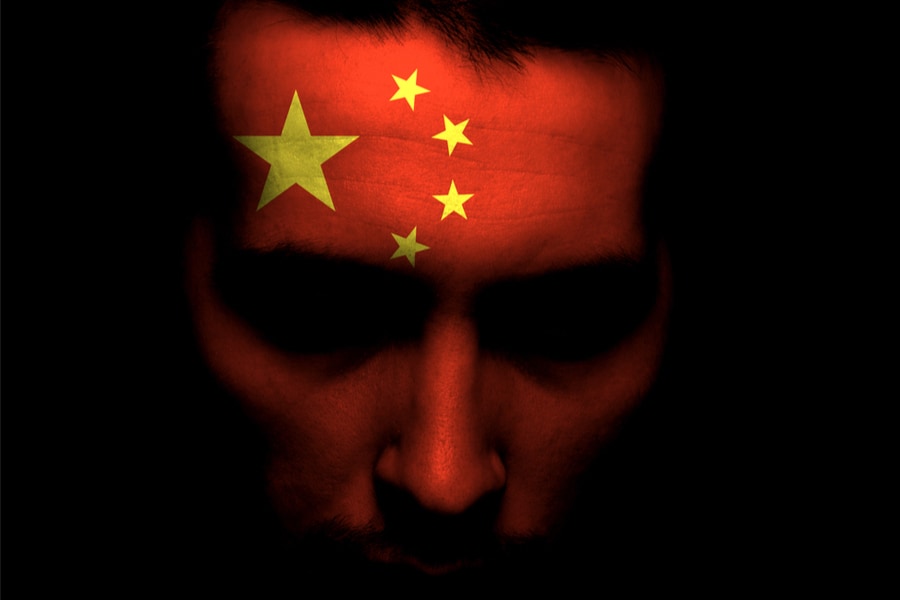
Buying influence: How China manipulates Facebook and Twitter
China's government has unleashed a global online campaign to burnish its image and undercut accusations of human rights abuses, and much of the effort takes place in the shadows, behind the guise of bot networks that generate automatic posts and hard-to-trace online personas

China’s government has unleashed a global online campaign to burnish its image and undercut accusations of human rights abuses
Image: Shutterstock
Flood global social media with fake accounts used to advance an authoritarian agenda. Make them look real and grow their numbers of followers. Seek out online critics of the state — and find out who they are and where they live.
China’s government has unleashed a global online campaign to burnish its image and undercut accusations of human rights abuses. Much of the effort takes place in the shadows, behind the guise of bot networks that generate automatic posts and hard-to-trace online personas.
Now, a new set of documents reviewed by The New York Times reveals in stark detail how Chinese officials tap private businesses to generate content on demand, draw followers, track critics and provide other services for information campaigns. That operation increasingly plays out on international platforms like Facebook and Twitter, which the Chinese government blocks at home.
©2019 New York Times News Service







